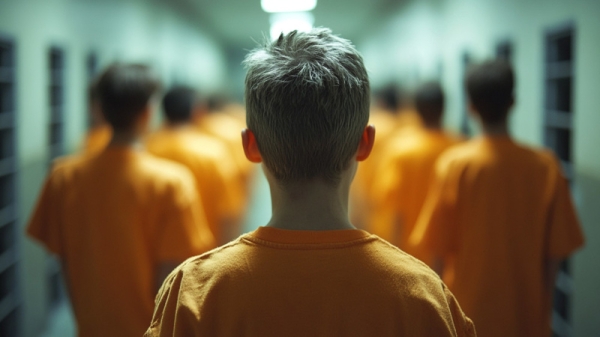Kazakhstan is exploring the possibility of lowering the age of criminal responsibility. In a recent plenary session, Majilis Deputy Magerram Magerramov proposed that the threshold for criminal accountability be reduced from 14 to 12 years for certain serious offences, including rape. This proposal aims to address increasing concerns about juvenile crime and violence.

Deputy Magerramov highlighted growing issues related to violence in schools, including instances of bullying and murder by minors. He attributed these problems to the prevalence of violence and criminal behaviour in school environments, which, according to him, contributes to continued aggression in later stages of life, including in military settings.
Magerramov emphasized the need for improved social protection mechanisms and stronger preventive measures within the educational system. He suggested that current approaches to preventing juvenile crime be revised to include a more robust focus on moral and ethical education. He also advocated for a comprehensive strategy to address juvenile delinquency and prevent offenders from evading consequences due to their age.
In June 2024, Kazakhstan enacted a law targeting bullying and cyberbullying of minors, reflecting the country’s efforts to tackle juvenile violence. However, Magerramov believes that additional reforms are necessary to address these issues comprehensively.
The age at which individuals are held criminally responsible varies internationally. In countries such as Japan, Ireland, and Morocco, children can be held accountable from the age of 12. Similarly, India sets the minimum age at 12, but courts have the discretion to consider a child’s level of intent and awareness for serious offences like murder or rape.




